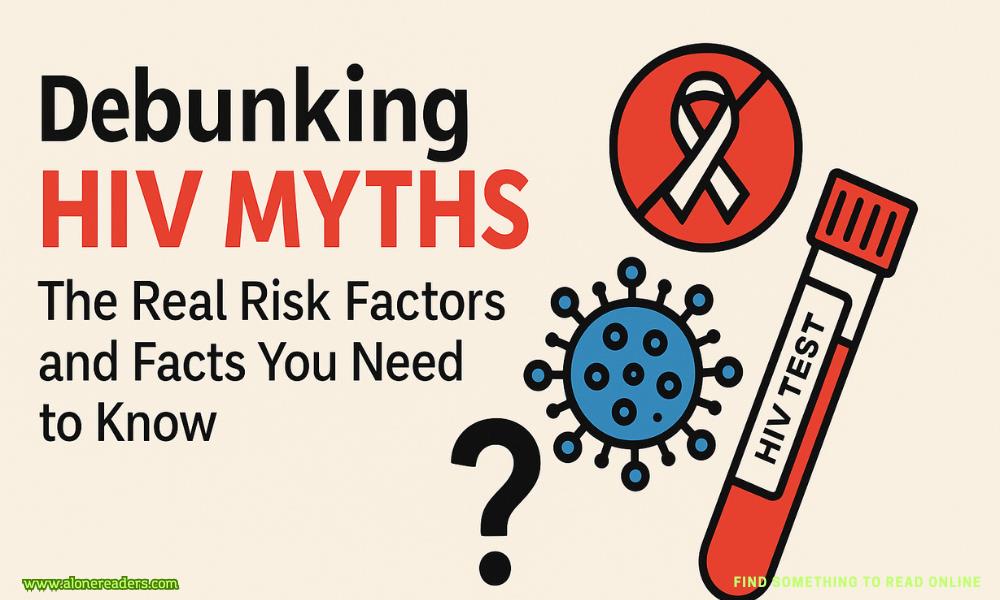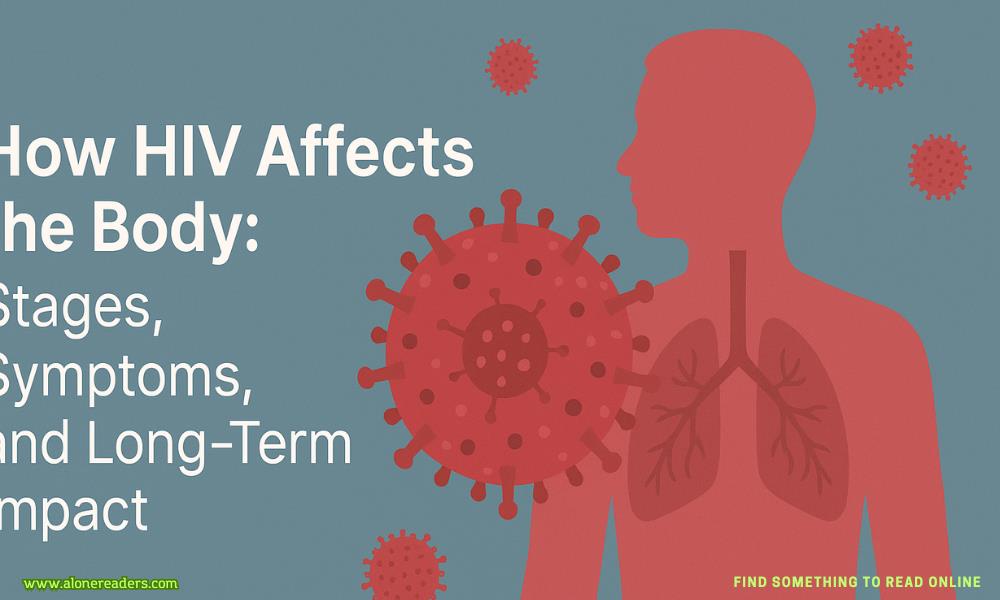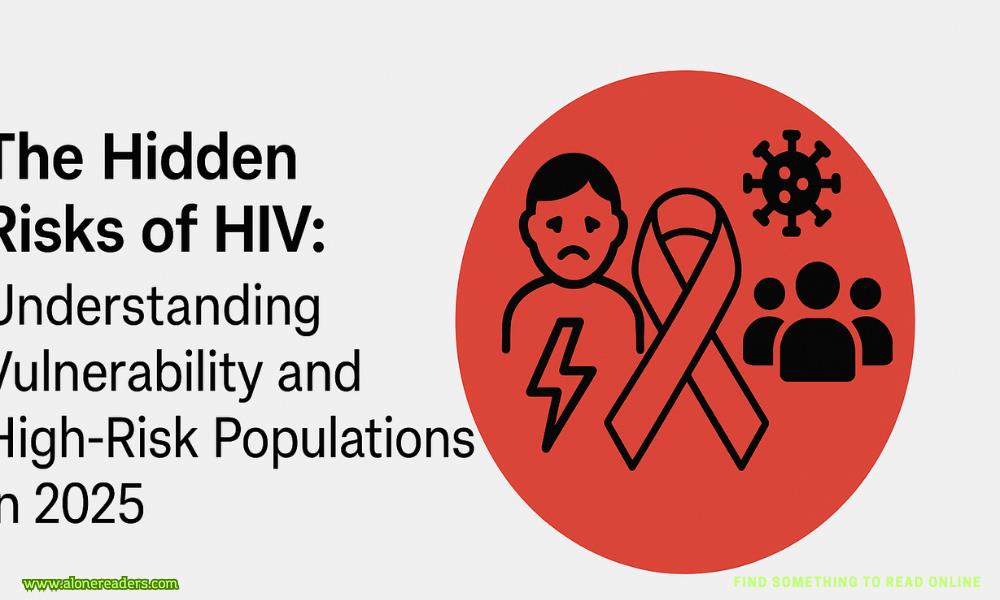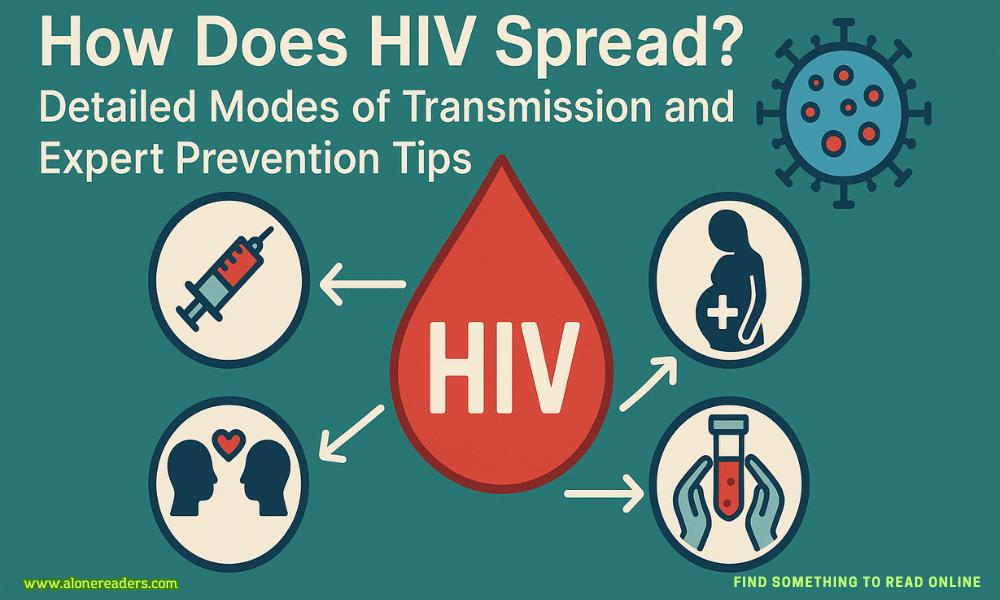Page 1 of Ride Me Cowboy
Chapter One
Cole
IDON’T KNOW WHAT I was expecting when Reagan told me her replacement was arriving this afternoon, but it sure as shit ain’t this. Reagan, with her no-nonsense short hair, wranglers, and plaid shirts, is as much a part of Coyote Creek Ranch as I am. Well, almost. She’s worked here since she was a teenager, a high school dropout, another one of dad’s strays. When she told me she’d found the perfect fill in for her, I thought it would be someonelikeher. A Reagan version two-point-oh.
“It’s three months, Cole,” Reagan had promised, “and she’s got a heap of experience. She’s smart. You’ll like her.”
I’d snorted. “I don’t need to like her. She just needs to be able to keep the books.”
“You know I do more than that, right?”
I’d ignored the question. Of course, I know how indispensable Reagan is. What else explains the fact that my first reactionto her pregnancy announcement had been a sinking feeling of panic rather than happiness for the woman I think of like another sister?
But when she’d said she’d take over finding a replacement, I’d imagined something other thanthis.Coyote Creek Ranch isn’t just a place, it’s a vibe—it’s in your blood. The people who work here get that.
Whereas the woman I just watched gingerly step out of a small silver Prius looks like a rattlesnake at a barn dance. She’s wearing a black pant suit with a crisp white shirt—she clearly doesn’t know nothing stays white out on the ranch for long—and her blonde hair is long and curled around her face, in a style that looks like it would be all the fashion in a place that cares about fashion.
If I’m thinking she looks like she took a wrong turn to get here, that same expression is mirrored on her face. Wide blue eyes and parted lips, cheeks that’re slightly flushed, she stays right by her car door, one hand on the top of it, like she’s halfway tempted to turn right around and bolt. Or like she doesn’t want to move in case I bite.
I don’t bite. I don’t tend to get close enough for that—that’s been my policy for as long as I can remember. This place is all I have time for, all I’m prepared to care about.
But I also don’t have a lot of patience for time wasters, and if this woman thinks ranch life is something she can just drop herself into—dressed like this—then she’s got another thing coming.
It’s tough out here. Tough and dangerous. If you don’t know how to obey the god given laws of the land, you’re in trouble. And I don’t have patience for babysitting either. Never have done, butespecially don’t now. Ever since dad died last year, I’ve been pulled in about a hundred directions, trying to keep this place going. Trying to keep it, full stop.
But Reagan’s voice is in my mind as I stride out from my pickup, across the gravel that forms a sweeping drive at the front of the house, with lush green lawn to either side of it. My mom’s roses—her pride and joy; honoring her memory is the only reason we spend money we shouldn’t keeping them alive—burst with color behind this woman. I’m damned if I can remember her name.
As I get closer, it’s not the roses I smell , but something else sweet and addictive. A hint of her perfume hits me in a way that almost brings a snarled curl to my lips. This ain’t no place for perfume. Though I’m not gonna lie—some of my men could do with a bit of a hygiene spruce up, sometimes, but life out here is just the kind of thing to get you hot and dusty at the end of the day. Just the way we like it.
It's been more scorching than usual this summer and the dry air hits my skin in that way it has, so I wonder where she’s from and if she’s finding the heat uncomfortable. I tip my hat out of habit as I approach, and her crystal blue eyes follow the gesture.
“You’re the bookkeeper?” I hear my voice, the gruff tones that could be mistaken for anger, and see her flinch.
I instantly regret it. The weight of the world is on my shoulders, but that’s not this woman’s fault. I was raised better than to take it out on a stranger; on anyone. The ranch’s problems are mine alone to handle.
“I—I’ve been speaking to Reagan.” Her voice, in contrast to mine, is soft and sweet, like her perfume, her accent difficult toplace but if I had to guess, I’d say from somewhere like DC or New York. “Is she here?”
The hope in her voice almost makes me feel sorry for her. “The baby came early. She was planning to spend the next week showing you the ropes, but she can’t.”
“Oh.” The woman—damn it, what’s her name? —looks terrified. “So…you’ll…”
In plenty of ways, I’m like my dad was. Not just in terms of looks, though there’s that, too—I can’t walk down Main Street without the old timers reminding me of the fact I’m basically his twin. But I know the same streak of duty that flooded his spine is inside of me. A desire to help people. To serve. Only, having watched him take in stray after stray after stray, sometimes getting nothing in return but pain, I’ve learned not to take pity on every person I meet who’s hard a hard life.
I want to fix things. I want to help people. Just notallpeople, all the time. And right now, the ranch needs me more than anyone else could.
Still, I’d have to be some kind of science fiction robot not to see that she’s about two straws shy of a busted bale. “What’s your name?”
She presses her teeth into her lower lip, like she’s thinking about that, long and hard, then holds out a very delicate hand, with pale pink nails to boot. “Beth Tasker.”
Right, that’s it. Beth. “Cole Donovan. How do you do,” I say, as I extend my own hand, conscious of every roughened callous, as well as the size of my paws, as I wrap one around her hand. She doesn’t shake like my sister Cassidy, or Reagan, or any of the other girls I grew up with around here. She more just lets herhand go limp and be enfolded in mine for a second then quickly pulls hers away and wipes it down the side of her hip in a way she might think I don’t notice. But I do. And again, my lips tingle with a hint of derision. Is she afraid of a little dirt? Worried she’s going to catch ranch germs?
“This is—,” she looks around, the blistering afternoon sun making her squint. I wait for her to finish the sentence, my own eyes trailing hers, trying to see the place that I know better than the back of my hand, from a stranger’s perspective.
When I was a kid, it was thriving. We had more than twice the cattle back then, and the staff to really run it right. It was my folks’ pride and joy, and they both put their all into it. Mom was as at home in the kitchen baking for us as she was out wrangling or roping, but she was happiest of all in the garden around the house. She’d turned it into a green oasis, with cottonwood and spruce trees, lavender, gardenias and her treasured roses all mixed in with native flowers, like desert marigolds and their sunny yellow blooms, or Indian paintbrushes, spiky and orange. It’s not quite as beautiful as it was when she was alive to tend it, but we all do our best.
The house itself is large and sprawling, one of the oldest in the area, it’s got Spanish architectural influences in the arched windows, large so they can let in the evening breezes when the weather turns. The roof is red tiled, like the mesa in the distance, the flat-topped mountain sparsely covered in a mix of pine and cottonwood trees. The walls are creamy, like the sun on a winter’s day. Beyond the house, a little way off, sits the bunk sheds, once full to the brim and now used by only three of our staff. It’s all I can afford to keep full time—but I’m lucky that there’s a good supply of seasonal workers in town, people always looking to pick up a bit of cash yet not wanting to be tied down.
Beyond the bunk sheds, the stables form a two-story rectangular shape against the skyline—horses downstairs, and what used to be an office and apartment for the stable manager above. Around back, hidden from view and obscured a little by the undulations of the land, are the cattle pens and barns.















